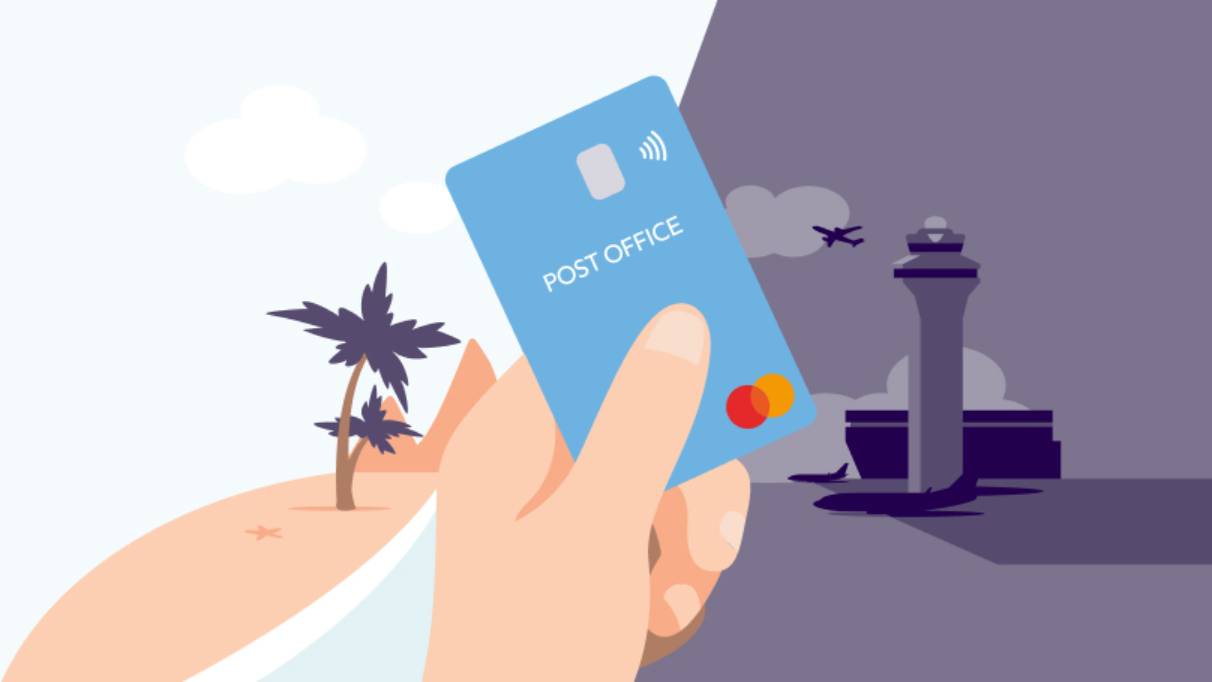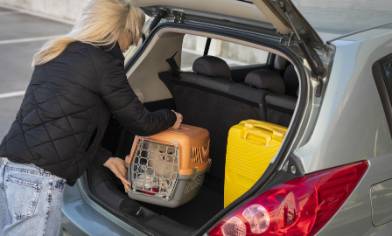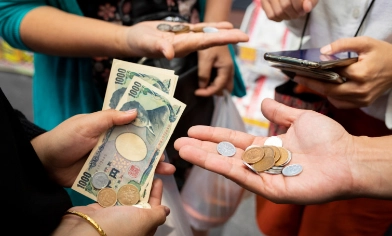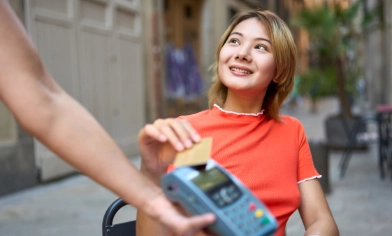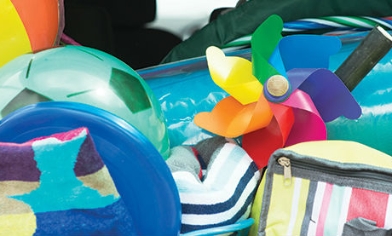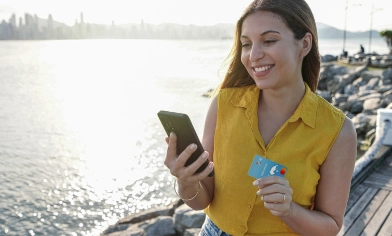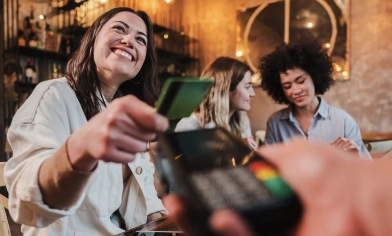What is a prepaid currency card?
A prepaid currency card is a type of payment card. It allows you to load and store multiple currencies to use on your travels or for online purchases. You can even use it to spend in the UK if you like.
You might have heard this type of payment method referred to as a prepaid travel card, multi-currency card, Travel Money Card, foreign currency card or even forex card. They’re all similar, though their features can differ by card provider.
These cards are a convenient and secure way to manage your foreign currency and spending needs without having to carry lots of cash. Carrying one also avoids the need to use a debit or credit card, which could charge higher fees for transactions overseas.
What’s more, many prepaid currency cards aren’t linked to your bank account but topped up with an amount of your choosing instead, they make budgeting for your travels easier.
Benefits of a prepaid currency card
There are lots of potential benefits of using this kind of card.
- They’re convenient: You can use a prepaid currency card to pay at shops, restaurants, online merchants and anywhere else that accepts payments from the major network the card is linked to (eg Mastercard®, Visa). You can also withdraw cash at any ATM linked to that network.
- They hold multiple currencies: While some cards hold just one specific currency (eg, a prepaid euro card), many enable you to load and store several. You can move funds between different currencies if, for instance, you’re interrailing between different destinations and need to spend in different currencies.
- They’re accepted worldwide: Just like debit and credit cards, travel cards are widely accepted around the world. They’re usually linked to one of the major credit card networks, Mastercard, Visa or AmEx, and accepted anywhere you see their mark.
- They’re secure: With PIN protection and the ability on some prepaid currency cards to easily block or unblock them, they keep your funds protected if they get lost or stolen.
- You can top up any time: Most prepaid currency cards are reloadable, allowing you to add more funds to the card as needed. Some enable you to do this online or through a mobile app. You may also be able to top up by visiting a bank or a partner location of the card provider. This flexibility ensures that you can access funds whenever necessary.
- You can top up when the rate’s good: You can lock in savings by loading currencies onto your card when their exchange rates are favourable. Its value won’t change if the currency fluctuates.
- They help you budget: By loading a set amount of money onto your card, you can avoid overspending. Many cards let you to track your spending online or with a mobile app too.
- You may save on fees: The fees for foreign transactions, currency conversion and overseas ATM withdrawals may also be lower than using debit or credit cards.
